Prevent: anti-terror strategy condemned as 'toxic brand'
Former senior police officer says Muslims see UK's counter-terror programme as form of spying
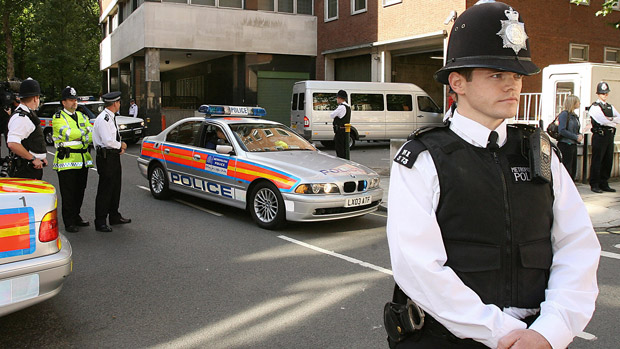
A free daily email with the biggest news stories of the day – and the best features from TheWeek.com
You are now subscribed
Your newsletter sign-up was successful
A former senior Muslim police officer has described the government's Prevent strategy, intended to stop people becoming terrorists, as a "toxic brand".
Dal Babu, who retired as a chief superintendent with the Metropolitan Police two years ago, said many Muslims did not trust the programme and saw it as a form of spying.Police counter-terrorism units are mainly white, with a lack of knowledge about issues of race and Islam, he said.One senior officer did not know the difference between Sunni and Shia Muslims – a lack of knowledge "amplified considerably" with more junior officers, he added.Babu suggested authorities were caught unaware in cases such as the three London schoolgirls who travelled to Syria to join Islamic State (IS)."Sadly, Prevent has become a toxic brand and most Muslims are suspicious of what Prevent is doing," he told the BBC."This is unfortunate but a reality and the government needs to develop a co-ordinated strategy to safeguard vulnerable children who are being groomed by IS."In light of the militant group's "endless stream" of propaganda and 3,000-plus recruits from Europe, BBC security correspondent Frank Gardner questioned on Friday whether the strategy is failing.The scheme, which has an annual budget of £40m, was described as "counter-productive" by Aminul Hoque, a lecturer and author on British Islamic identity at the University of London."If the idea was to understand the roots of extremism, the roots of radicalisation, by putting a magnifying glass across the Muslim communities of Great Britain, what has happened is that has widened the schism between the 'Muslim' us and the British 'other'," he said.
The Home Office says 75,000 pieces of "unlawful terrorist material" have been removed from the internet since 2011, while 200,000 leaflets and posters warning people not to travel to Syria have been distributed with the help of mosques and faith groups. It added that 130,000 people had been trained to help identify and prevent extremism.
The Week
Escape your echo chamber. Get the facts behind the news, plus analysis from multiple perspectives.

Sign up for The Week's Free Newsletters
From our morning news briefing to a weekly Good News Newsletter, get the best of The Week delivered directly to your inbox.
From our morning news briefing to a weekly Good News Newsletter, get the best of The Week delivered directly to your inbox.
A free daily email with the biggest news stories of the day – and the best features from TheWeek.com
-
 The 8 best TV shows of the 1960s
The 8 best TV shows of the 1960sThe standout shows of this decade take viewers from outer space to the Wild West
-
 Microdramas are booming
Microdramas are boomingUnder the radar Scroll to watch a whole movie
-
 The Olympic timekeepers keeping the Games on track
The Olympic timekeepers keeping the Games on trackUnder the Radar Swiss watchmaking giant Omega has been at the finish line of every Olympic Games for nearly 100 years
-
 Why is Islamic State targeting Russia?
Why is Islamic State targeting Russia?Today's Big Question Islamist terror group's attack on 'soft target' in Moscow was driven in part by 'opportunity and personnel'
-
 The deadly attacks on Syrian truffle hunters
The deadly attacks on Syrian truffle huntersfeature Islamic State suspected of targeting Syrians risking their lives to secure much-needed income
-
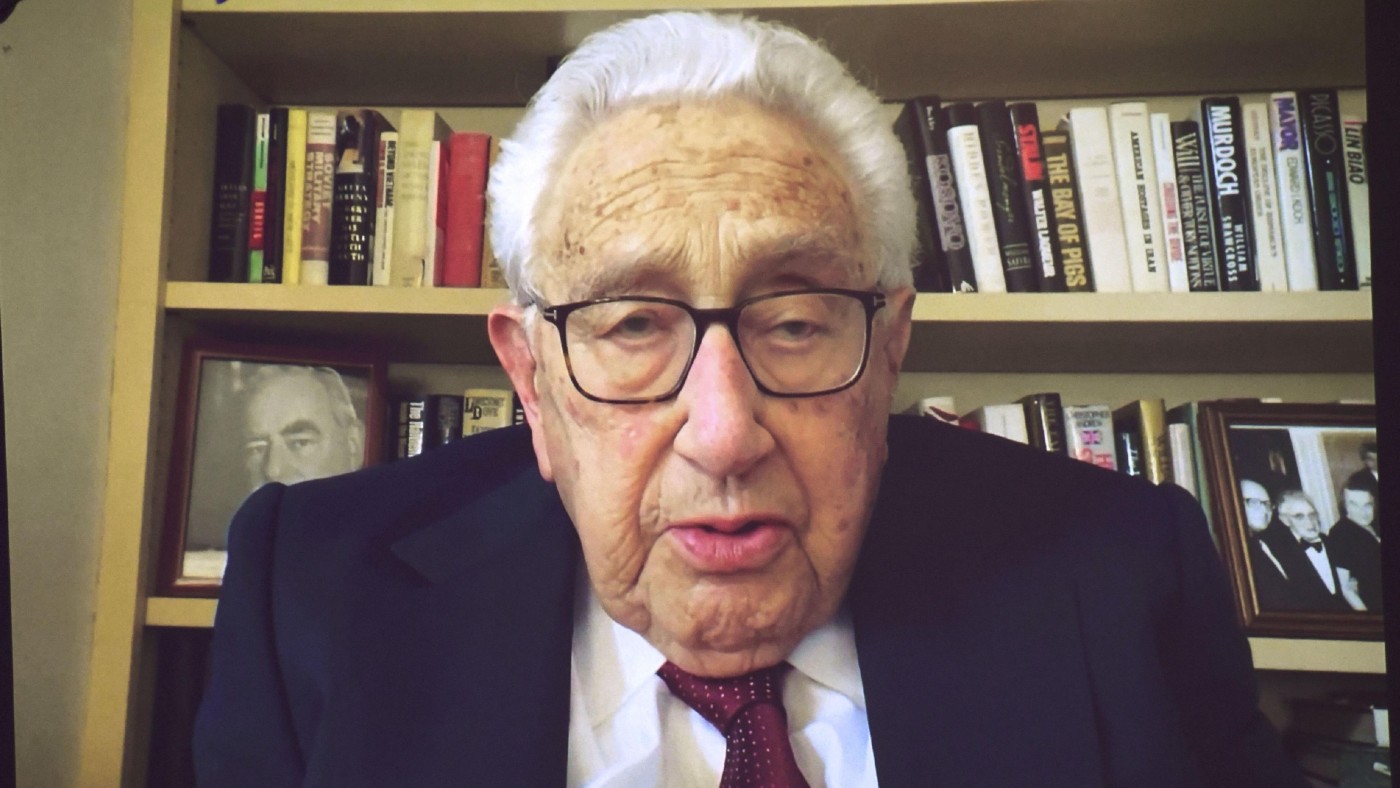 Is Henry Kissinger right about Ukraine?
Is Henry Kissinger right about Ukraine?Speed Read The US statesman made a controversial speech at a virtual Davos appearance last week
-
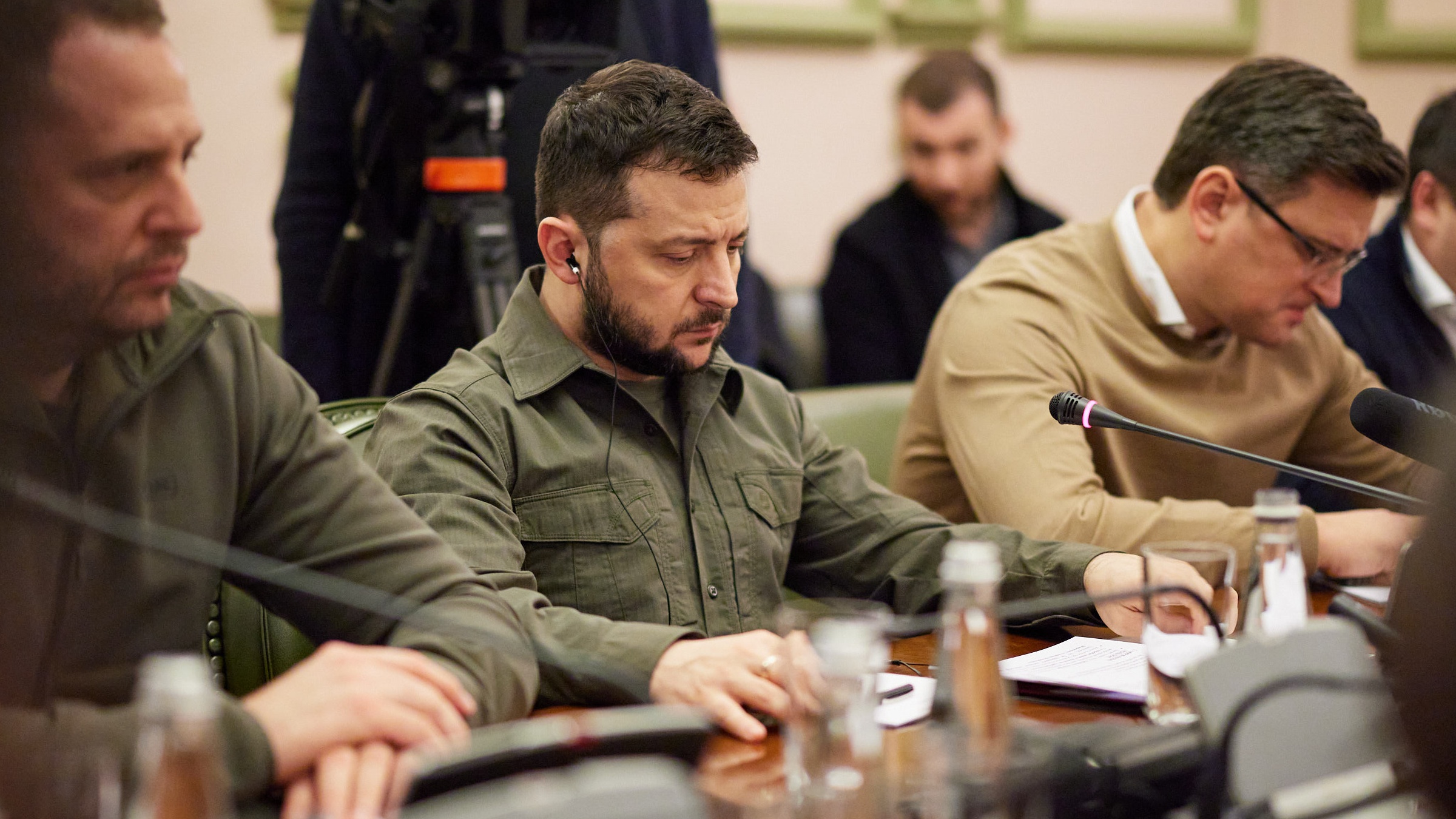 Volodymyr Zelenskyy refused evacuation as Russian hitmen ‘parachuted’ into Kyiv
Volodymyr Zelenskyy refused evacuation as Russian hitmen ‘parachuted’ into KyivSpeed Read Ukrainian president turned down opportunity to leave capital despite threat to life, adviser claims
-
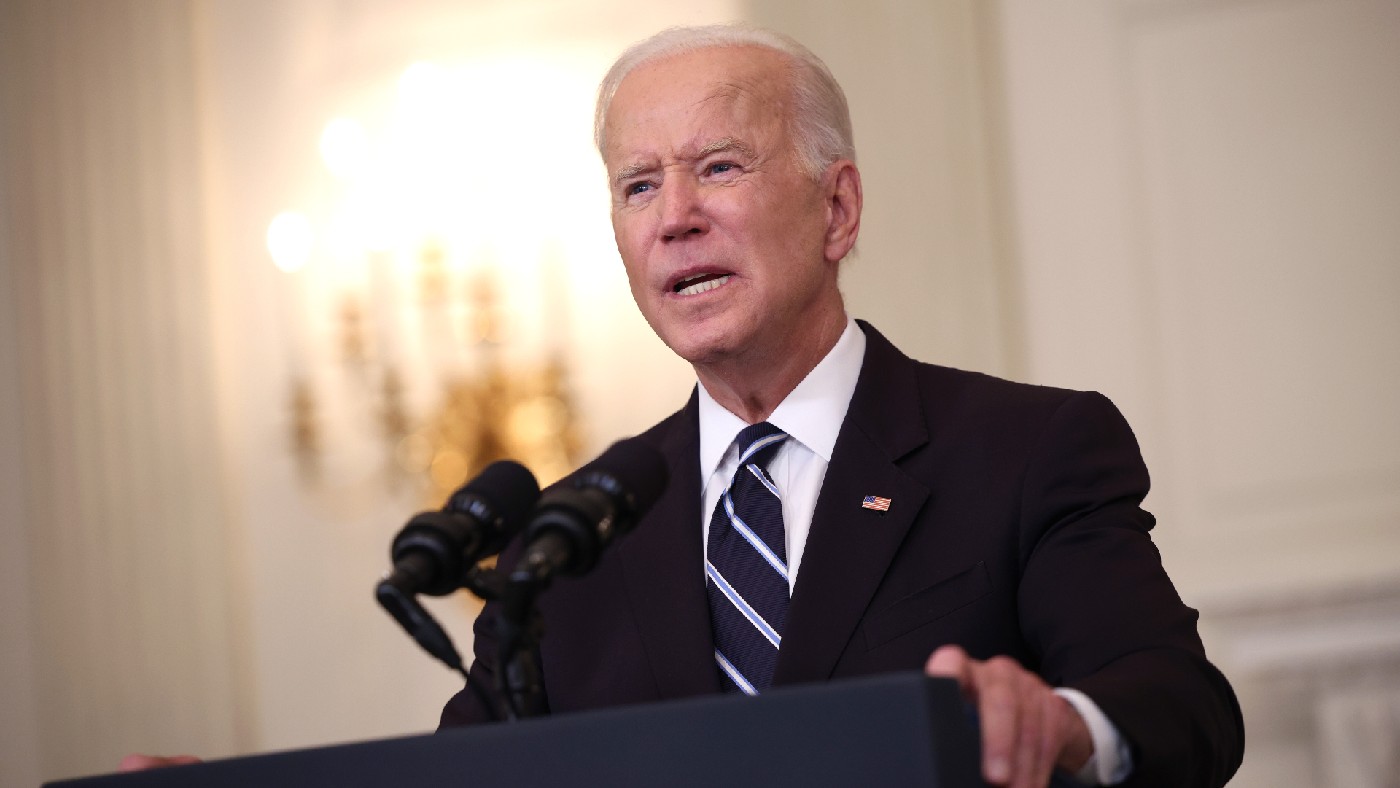 America’s withdrawal from Afghanistan: a retreat into isolationism?
America’s withdrawal from Afghanistan: a retreat into isolationism?Speed Read ‘In his selfish unilateralism’, Biden is no better than Trump, said The Daily Telegraph
-
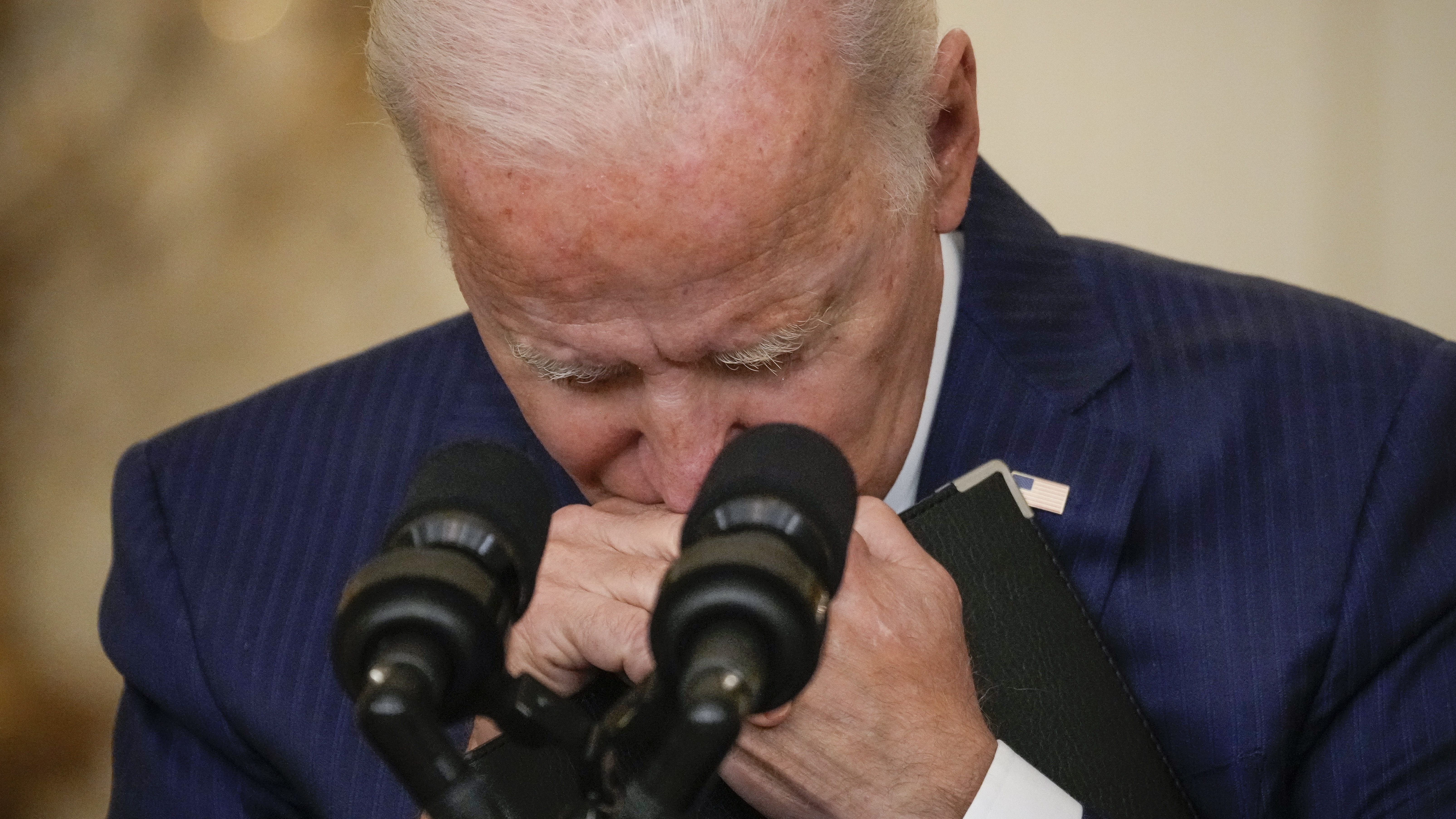 Will the Kabul bombing lock Joe Biden into a ‘forever war’ against Isis?
Will the Kabul bombing lock Joe Biden into a ‘forever war’ against Isis?In Depth President vows revenge against extremists following airport suicide attack
-
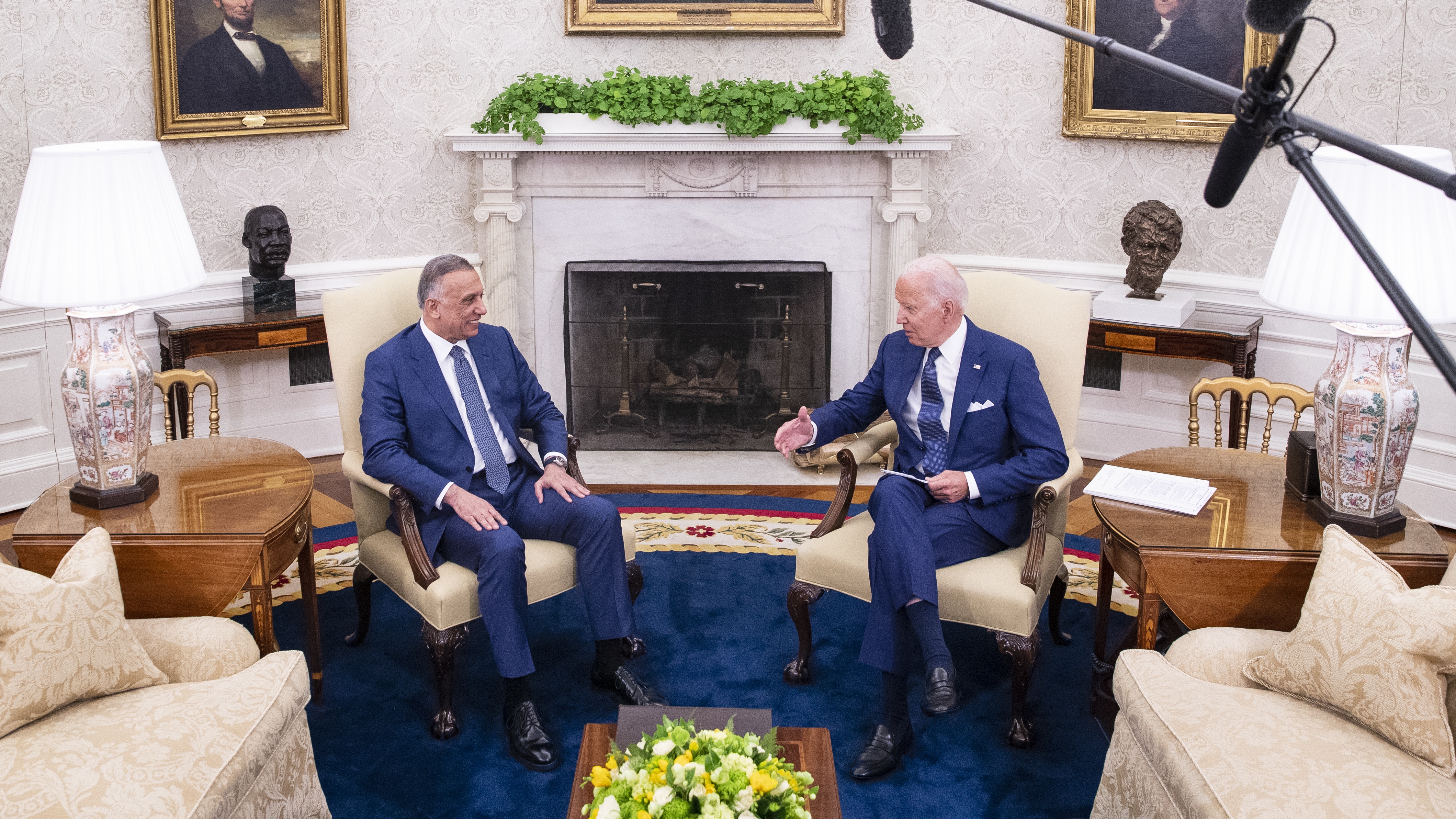 Does the withdrawal of US combat troops mean it’s ‘mission accomplished’ in Iraq?
Does the withdrawal of US combat troops mean it’s ‘mission accomplished’ in Iraq?In Depth President strikes deal with Iraqi PM to end two decades of fighting
-
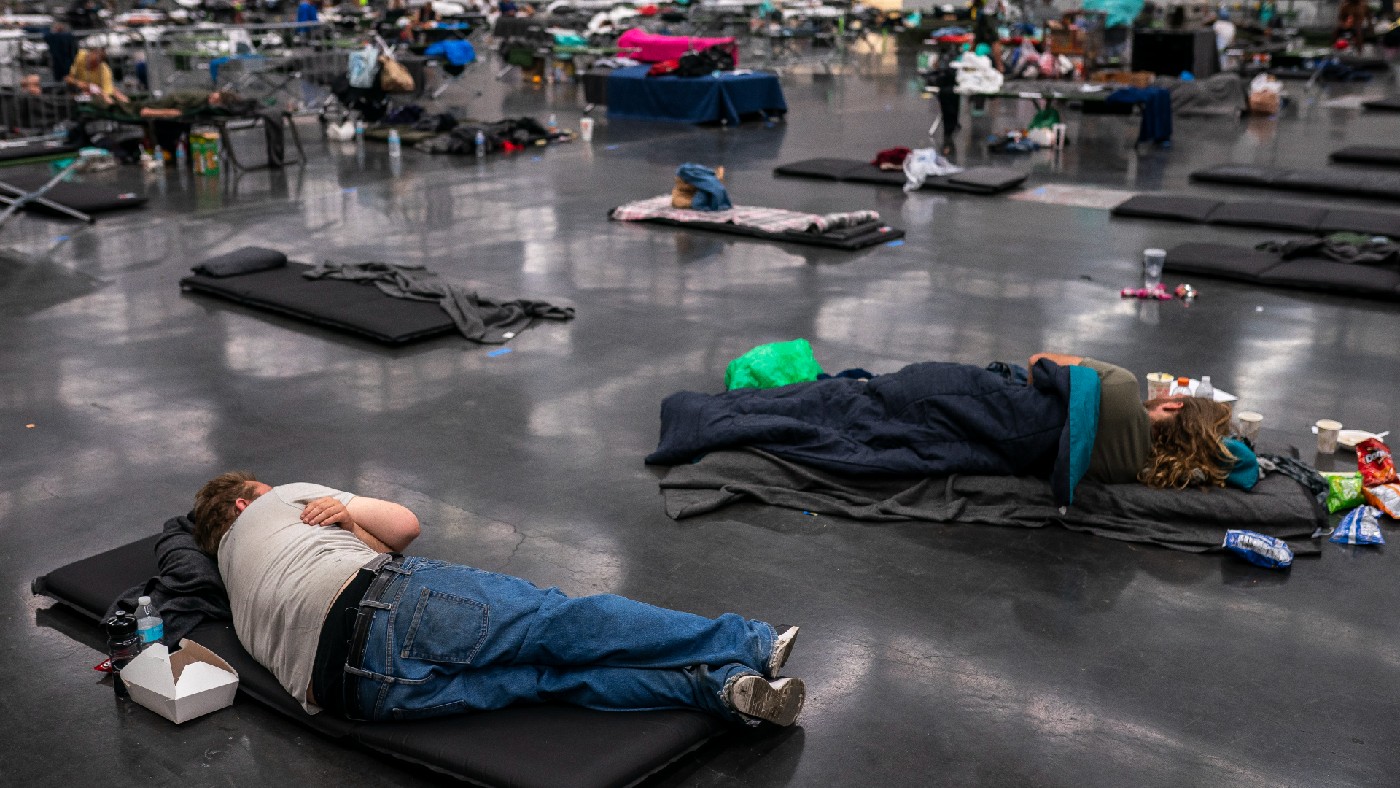 The ‘heat dome’: blistering temperatures in the Pacific Northwest should act as a wake-up call
The ‘heat dome’: blistering temperatures in the Pacific Northwest should act as a wake-up callSpeed Read People are used to hearing of record-high temperatures in desert states such as Nevada or Arizona, but not in verdant Washington and Oregon